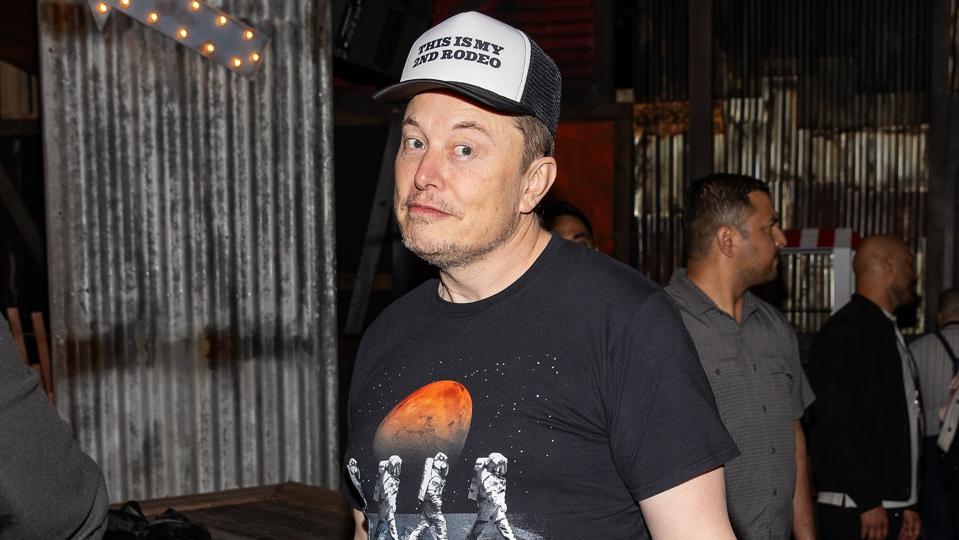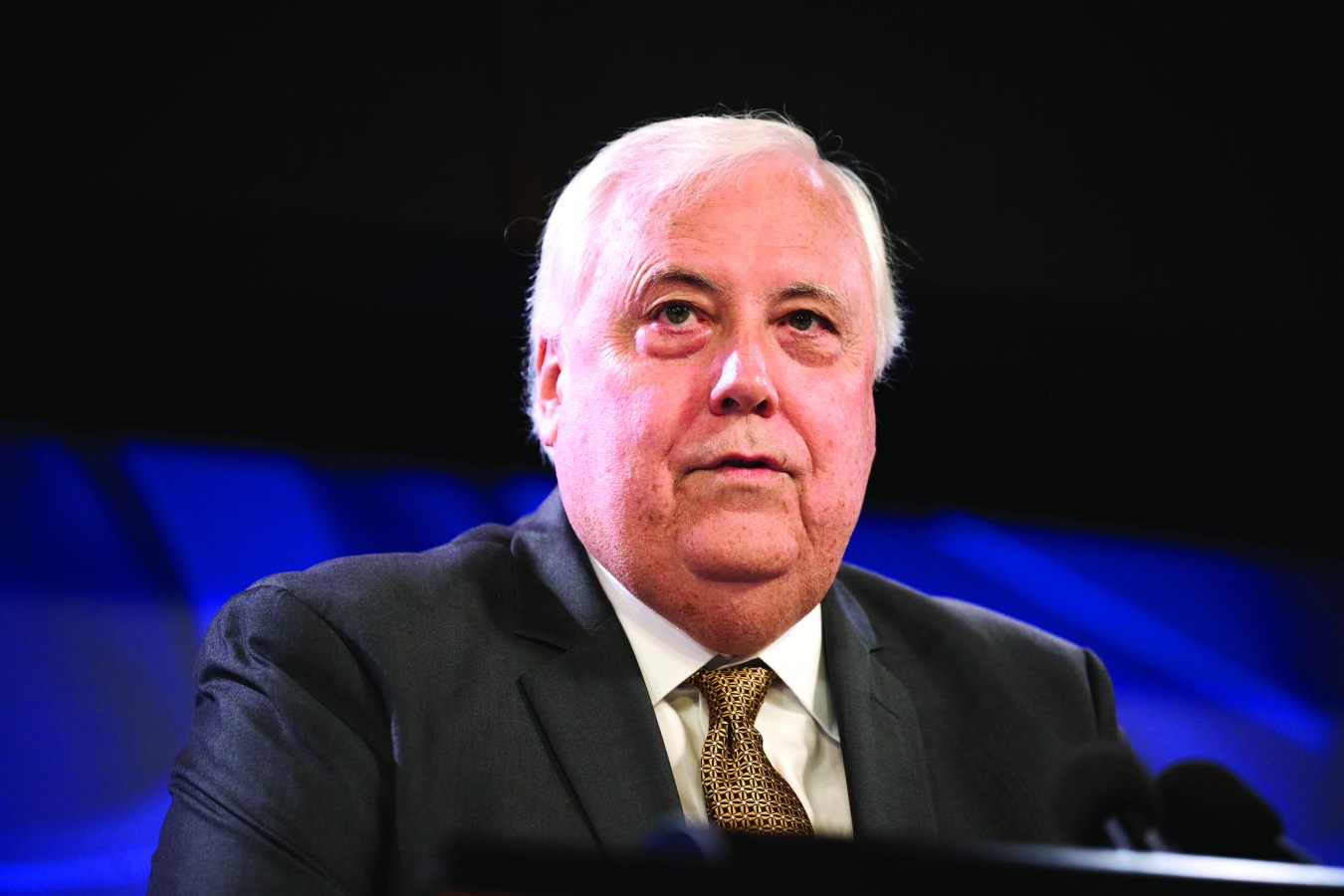Tesla shares tanked to a fresh 10-month low Wednesday as Wall Street turns increasingly bearish on the American electric vehicle maker, sending the net worth of Tesla’s polarizing centibillionaire CEO Elon Musk plunging.

Elon Musk attends a party at SXSW in Austin last week.
Getty Images for Prime Video
Key Takeaways
- Tesla stock fell by 4.5% to below $170 after Wells Fargo analysts cut their rating on the stock to a sell, dubbing Tesla a “growth company with no growth” and setting a $120 share price target for Tesla, predicting a 30% downslide to what would be the stock’s lowest price since Jan. 2023.
- The slide pushed Musk’s fortune down by $4 billion to $192 billion, according to Forbes’ estimates, ceding his crown as the U.S. richest man to Amazon founder Jeff Bezos, whose net worth grew to $195 billion.
- Musk’s net worth and Tesla stock have both sank dramatically this year, as Musk was nearly $60 billion poorer Wednesday than he was at the end of 2023 thanks to the 31% year-to-date decline in Tesla’s share price and a judge’s axing of Musk’s record $51 billion compensation package (Musk owns about a fifth of all Tesla equity).
- Tesla overtook the besieged aerospace firm Boeing as 2024’s worst-performing stock listed on the S&P 500, with its slide coming as Tesla profit margins and vehicle delivery growth simultaneously shrink.
Surprising Fact
JPMorgan Chase became the latest company to surpass Tesla in terms of market value Wednesday, joining the likes of weight loss drug makers Eli Lilly and Novo Nordisk and semiconductor chip maker Broadcom. Tesla is now the 12th-largest American company by market capitalization, having been the fifth-largest less than two years ago.
Contra
“Now is not the time to throw in the towel on Tesla…despite the dark black clouds forming,” Wedbush analyst and long-time Tesla optimist Dan Ives wrote in a Wednesday note to clients. “We have been here before with Musk/Tesla,” Ives added, maintaining his firm’s $315 price target for Tesla’s stock, indicating nearly 90% upside.
Key Background
Tesla is historically volatile for a stock of its size, meaning investors in the company have taken plenty of lumps and victory laps alike. Tesla has underperformed the S&P over the last six-month, one-year, two-year and three-year periods, but its almost 800% gain over the last five years and even more handsome returns for those who got on board close to the company’s 2010 initial public offering are evidence of the significant wins for many long-term investors.
Faring even worse than Tesla on the stock market are many of its electric vehicle competitors, with shares of Rivian, Lucid and Nio down more than 70% apiece from their 2021 peaks. Still, Tesla has provided a far worse return than the other innovative technology companies it was grouped with last year before its stock began to slide; Tesla’s -2% return over the last 12 months is 17 percentage points worse than the return of Apple, the next-worst performer in the “magnificent seven” at 15%, according to FactSet data.
This article was first published on forbes.com and all figures are in USD.


